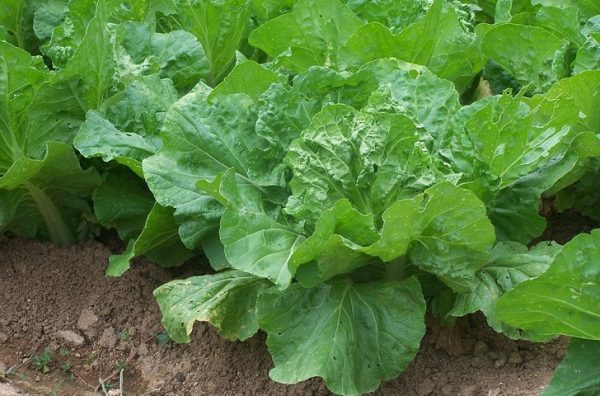That backyard of yours may be lying dormant at the moment, a space in which you constantly battle with weeds. You think you killed them off a month ago, but they’re back now, mocking your efforts. Why not convert the trouble spot into something more productive, and invest your weed-clearing energy in growing vegetables? Then your hands won’t have to ache for nothing; your backyard will be a treasure, not a burden.
Whether it’s a backyard garden or a large scale farm covering several acres, vegetable farming can be a money spinner if you get into it with the right information and resources. There is a great demand for vegetables particularly in the cities. Small homestead patches located within these urban areas can serve as a supply source for fresh vegetables which may not survive the long journey from rural areas. The bigger farms, more conveniently located outside the cities, still serve as a source for most large scale supply of perishable agricultural produce.
Before one jumps into vegetable farming, an assessment of the crops he wants to grow needs to be done. Things to consider include the availability of land and water (all-year round supply), the time and cost involved in growing the vegetables measured against potential revenue and profit, market accessibility and seasonal variations. Some of the more lucrative vegetables in Nigeria are green, okra, ewedu (jute), cabbage, eggplant, cucumber and fluted pumpkin (ugu leaf). If you are very keen on getting immediate returns, you may grow varieties which take a relatively short time to mature.
Seeds may be sourced from seed vendors or farmers who are willing to sell. Planting is done on fertile soil; organic manure is a better option to use for improving soil fertility. Synthetic fertilizers may be applied as well, preferably once in a while. Efficient use of farm space is an issue especially with small scale farms. It is probably better to use raised beds in these farms instead of the traditional row planting. Raised beds create more space for foot navigation, minimize trampling which would lead to soil compaction (a less compacted soil is easier for roots to penetrate), and create an intensive vegetable growth canopy under which the soil is cooled. For bigger farms, the well known row system may be used. Trellis could serve the double function of partitioning and support to climbing vegetables.
Weeds, pests and diseases can make it difficult for vegetables to thrive. A natural preventive measure is crop rotation, in which crops are grown in varying sections of the farm each planting season; that is, they are rotated. This could mean planting a crop in the same section only once in three years, for example. This not only prevents crop-specific pests and diseases from ravaging crops, but also reduces the possibility of particular nutrients being depleted by specific crops. However, it’s important that a rotation plan be drawn up and maintained, so as not to lose track of order and combinations. Stocking up on safe and affordable pesticides, clearing the field after harvest, and keeping track of physical changes in crops are things which could be done to forestall pest and weed infestation. Diseases which spread across different types of vegetables are likely to be caused by non-biological agents such as a lack of nutrients, water, or climate extremes.
More mouths are appearing on the scene, seeking to be fed by fresh produce. Nigeria’s population growth offers an opportunity for vegetable farmers, hitting a target wide open as this is much easier than many people make it out to be.


